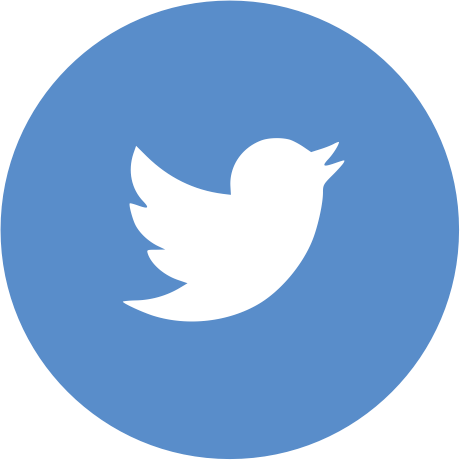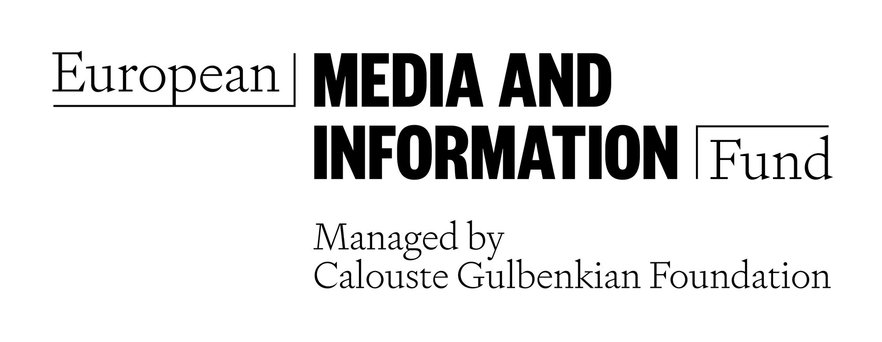Māris Cepurītis, Director and researcher at the Centre for East European policy studies
After over 25 years in power, Vladimir Putin has established himself as a key figure in Russian foreign policy. The role of Putin and his administration in foreign policy includes defining the country’s foreign policy course and taking certain key decisions, such as the invasion of Ukraine on 24 February 2022. Putin is one of the vocalisers of the ideology underpinning Russia’s foreign policy, as seen in the article “On the historical unity of Russians and Ukrainians”, published on 12 July 2021, which, among other things, questions Ukraine’s statehood and territorial integrity. Mr Putin also did not shy away from setting out his views on international politics, developments in other countries, and Russia’s role internationally in a meeting with representatives of 15 foreign news agencies on 5 June.
In his answers to the questions, Putin divided the world into Russia’s allies, neutral and volatile countries, and Russia’s opponents. For example, Russia’s relations with Belarus were described as among the closest, and the policies of Azerbaijan and Uzbekistan were similarly praised. Commenting on relations with countries close to Russia, the primary focus was on mutual economic benefit, in particular the many opportunities that Russia’s neighbours have if they choose to cooperate with Russia, such as the potential North-South economic corridor that Azerbaijan is actively seeking to develop, which would offer a faster flow of goods than via the Suez Canal.
Russia’s allies are highlighted by Putin’s rhetoric about the People’s Republic of China and its President Xi Jinping. Putin not only speaks highly of the increasingly close relations between Russia and China, where the Chinese side is referred to as “friends”, but also speaks admiringly of the Chinese economic model, which, despite criticism from Western officials and experts, offers an alternative to the Western model and is even in certain areas freer than the Western free market model. As an example, he mentions criticism of China for the overproduction of cars, which the West sees as something that distorts market competition, but in Putin’s view, it is a direct expression of the free market. In Putin’s remarks, the success of China’s economic development is personified by Chinese President Xi Jinping: “…President Xi Jinping’s skilful and highly professional leadership is driving the country’s economic development at the pace that China needs”.
This approach of Russia and Putin to the positive assessment of their closest allies and their leaders can be explained by the desire to present these relations not as a necessity when Russia is isolated from the West, but as a free choice of Russia and its neighbours, dictated by mutual benefit. Similarly, the relationship is glorified to show that Russia’s relations with its allies are close, thus contrasting them with those of the West, where Russia sees unity as superficial and the result of US dictate rather than their free will.
Putin pays his compliments to the representatives of hesitant and neutral countries, such as Turkey, South Korea, and even Italy. In the case of Turkey, its constructive role in the efforts to settle the situation in the Middle East is noted, as is the appreciation of President R.T. Erdogan’s “right” strategic choices in bringing in the Russian company Rosatom to build Turkey’s first nuclear power plant. The “lack of Russophobia” is highlighted as one of the good qualities of the South Korean leaders. The Italian political elite receives a similar “compliment”: “We see that the Italian government has adopted a more reserved position than other European countries and we appreciate it. We see that Italy is not fuelling neanderthal Russophobia… “. It should be noted that in the case of South Korea and Italy, the situation changed within weeks of Putin’s statements, with Italy announcing an aid package to Ukraine worth more than €150 million, and South Korea changing its position on aid to Ukraine in response to Putin’s visit to North Korea and the signing of a defence pact between the two countries that would reduce North Korea’s international isolation and potentially give it access to new weapons technologies.
As for the volatile and neutral countries, Putin’s statements tended to highlight the practical, primarily economic, benefits of cooperation with Russia rather than confrontation. A similar narrative can be observed in Putin’s criticism of Russia’s primary opponents, the Western countries.
Commenting on the decisions of Western countries, Putin does not shy away from remarks on their domestic political situation and, in the case of some leaders, from questioning their professional abilities, for example, “the level of professional training of those who take decisions, including in the Federal Republic [Germany], in my opinion, makes me hope for the best”. Putin also describes European leaders as lacking confidence, courage and not seeking to defend national interests.
One of the principles that diplomats and senior officials tend to follow when dealing with counterparts in other countries is to avoid making personal insults, as this tends to have a negative impact on the ability to reach compromises. But given Putin’s past in the security services, diplomatic tact is being replaced by proactive measures. In this case, by highlighting personal shortcomings and showing Western leaders as not even pursuing national interests or as incompetent to pursue them, one of Russia’s objectives in its relations with the West is being attempted: the creation of a rift between the political elite and the general public. This is reinforced in other Putin’s statements, where the societies of several Western countries are portrayed as rational and reasonable, thus contrasting them with their political leaders. Such statements fit organically into the discourse of populist political forces, where targeting destructive political elites is one of their hallmarks.
Creating rifts in Putin’s comments can be observed not only within countries, but also between countries. Commenting on German policy, Putin stresses Germany’s dependence on the US for security and information policy, citing the example of the subordination of leading German publishing houses to US companies. This is an attempt to cast doubt on Germany’s independence and to show it as a subordinate player to the US, using selective examples and deliberately concealing facts to the contrary. Such statements may further resonate with right-wing political forces in Germany and contribute to mobilising their voters and polarising society.
In the context of the interview, it is impossible not to mention Putin’s understanding of freedom of speech and the role of journalists. Firstly, Putin takes the opportunity to once again criticise restrictions or bans on Russian media in the West as a violation of freedom of speech, without, of course, mentioning the targeted and long-standing suppression of foreign and local independent media in Russia. Such an argument would be valid if the banned Russian media were engaged in media activities in the classical sense. Instead, Putin himself equates the media and their role more with state institutions and diplomats: “The only thing that our media representatives, your Russian colleagues, do is represent the Russian point of view on events in the world, in our country and Europe. … Even if it is the Russian government’s point of view, why can’t we communicate this point of view to audiences and internet users in other countries? Isn’t that freedom of information…”. Here we can clearly see a very “Putinised” understanding of the media and their work – that they are nothing but “PR creators” for the country.
In Western countries, the media, even the public media, do not make it their mission to represent the interests of the state and to explain its views, and in many cases, they are the biggest critics of their countries and their policies. The task of explaining the state’s point of view is a task which, in the case of states, is carried out by diplomats or by public relations companies, which deal, for example, with the image of the state. This blending of functions is how Russia seeks to exploit the openness of Western countries to undermine the foundations of democracies, foster mistrust between social groups and between society and political elites, and widen the gaps between Western countries, thus making it easier for Russia to achieve its interests. At the same time, in recent years, thanks to Russia’s increasingly aggressive actions, there has been a growing awareness of the negative impact on democracy of Russia’s instruments of ‘hard power’, and accordingly a large number of countries have already taken and continue to take counter-measures to Russia’s actions.
* Material first published on Delfi.lv
* The creation of this fact-checking material was funded by the European Media and Information Foundation, managed by the Calouste Gulbenkian Foundation.




